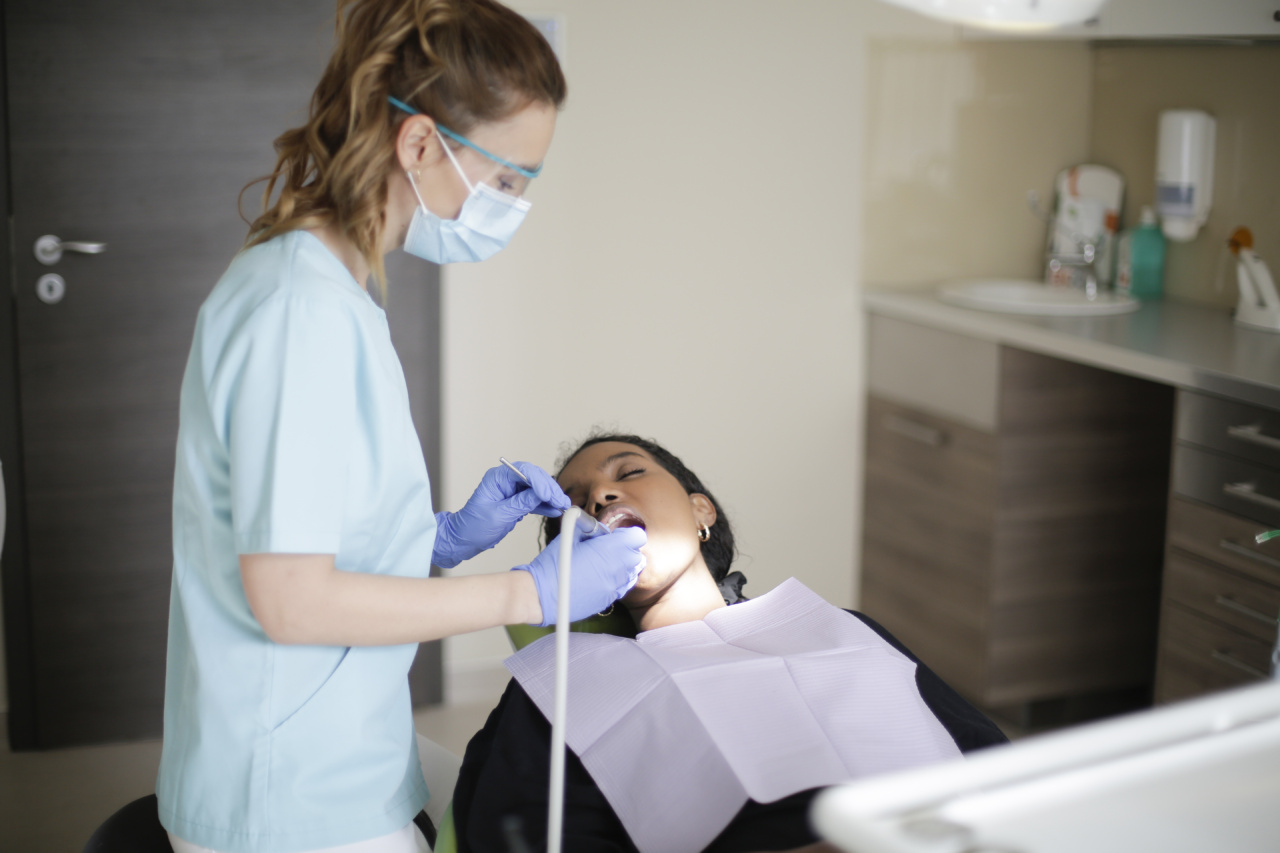Oral health plays a crucial role in our overall well-being. It is often a neglected area of healthcare, but maintaining good dental hygiene is vital for several reasons.
From preventing tooth decay to reducing the risk of serious diseases, focusing on your dental health should be a top priority. In this article, we will explore the importance of dental health and provide you with essential tips to keep your teeth and gums in excellent condition.
The Relationship Between Oral Health and Overall Health
Did you know that your oral health can affect your overall health? It’s true! Poor dental hygiene has been linked to various health conditions, including heart disease, diabetes, and even stroke.
The mouth acts as a gateway to the rest of the body, and harmful bacteria can easily enter the bloodstream if proper oral care is not maintained. By taking care of your teeth and gums, you can significantly reduce the risk of developing these serious health issues.
Dental Health Tips for Healthy Teeth and Gums
Now that we understand the importance of dental health, let’s dive into some practical tips to keep your teeth and gums healthy:.
1. Brush and Floss Regularly
The foundation of good dental hygiene is regular brushing and flossing. Brush your teeth at least twice a day using a soft-bristled toothbrush and fluoride toothpaste.
Don’t forget to floss daily to remove plaque and food particles from between your teeth.
2. Pay Attention to Your Diet
The food and drinks you consume can have a significant impact on your dental health. Avoid excessive consumption of sugary and acidic foods, as they can erode tooth enamel and lead to cavities.
Instead, opt for a balanced diet rich in fresh fruits, vegetables, and dairy products to strengthen your teeth and gums.
3. Limit Your Alcohol and Tobacco Use
Both alcohol and tobacco can wreak havoc on your dental health. Excessive alcohol consumption can dry out your mouth, increasing the risk of tooth decay and gum disease.
Smoking or using tobacco products can stain your teeth, cause bad breath, and increase the likelihood of oral cancer. It is best to avoid or limit the use of these substances for the sake of your oral and overall health.
4. Visit Your Dentist Regularly
Regular dental check-ups are essential for maintaining good oral health. Dentists can identify and treat dental issues early on before they become more severe.
Aim to visit your dentist at least twice a year for cleanings, examinations, and any necessary treatments.
5. Consider Dental Sealants and Fluoride Treatments
Dental sealants are protective coatings applied to the chewing surfaces of the back teeth to prevent cavities. They are especially beneficial for children but can also be used for adults who are prone to tooth decay.
Fluoride treatments, either in-office or at home, help strengthen tooth enamel and fight against decay.
6. Protect Your Teeth During Sports Activities
If you engage in sports or physical activities, it is crucial to protect your teeth from potential injuries. Wear a mouthguard to safeguard against impact and prevent any damage to your teeth, jaw, and soft tissues in the mouth.
7. Be Mindful of Teeth Grinding
Teeth grinding, also known as bruxism, can cause tooth enamel to wear down over time. If you frequently grind your teeth, especially during sleep, consider using a mouthguard or speaking with your dentist about potential treatment options.
8. Practice Good Oral Hygiene Habits in Children
Instilling good oral hygiene habits in children is crucial for their long-term dental health. Start by introducing them to brushing and flossing at an early age, ensuring they follow a consistent routine.
Regular dental visits should also be a part of their healthcare regimen.
9. Be Aware of the Warning Signs
It is essential to pay attention to any changes in your oral health and seek professional advice if you notice any warning signs.
These may include persistent bad breath, bleeding gums, tooth sensitivity, or changes in the color or texture of your teeth. Early detection and treatment can prevent more significant dental issues down the line.
10. Spread Awareness and Share Knowledge
Last but not least, spread awareness about the importance of dental health. Share your knowledge with family, friends, and colleagues, encouraging them to prioritize their oral health as well.
Together, we can create a community that values and supports dental hygiene.
Conclusion
Don’t underestimate the significance of dental health. By focusing on your oral hygiene and following the tips mentioned above, you can maintain a beautiful smile, prevent dental problems, and promote your overall well-being.
Remember, prevention is always better than cure when it comes to dental health. Take care of your teeth and gums – they’ll thank you for it!.



























